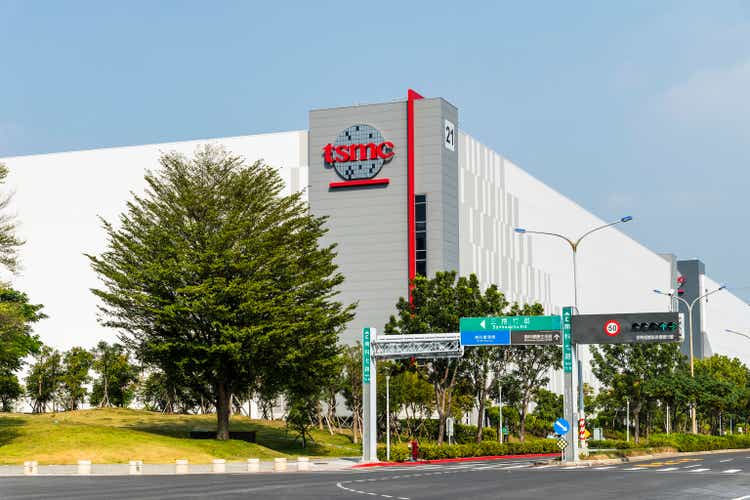Electric bikes: battery technology changes proposition for two-wheelers

Electric vehicles help reduce oil consumption. Electric bikes not only minimise petrol use but human perspiration as well.
The adoption of cycling as a mode of socially distanced exercise and travel has accelerated during the pandemic. At the same time, battery-assisted e-bikes have proliferated with the hope that a jolt of electricity can wean car drivers away from high frequency, short-distance trips to bike journeys instead.
Venture capitalists see an opportunity. These e-bikes remain pricey with many models costing more than $1,000 and susceptible to the vagaries of the battery supply chain. But as the reimagining of urban and suburban mobility continues, e-bikes can form part of the plan for a carbon-lite world.
According to data compiled by electric scooter share company Bird, annual e-bike sales between 2015 and 2019 increased from 130,000 to 353,000. That figure soared to 908,000 in 2020. Globally this market could reach a value of $52bn by 2028, an annualised growth rate of 16 per cent from today, according to research group Fortune Business Insights.
Rad Power Bikes of Seattle, a prominent start-up, recently raised a venture capital round, partially backed by socially responsible funds, valuing its business at $1.65bn.
Cycling purists may look down upon their e-bike brethren for relying on an artificial propulsion boost. In fact, most e-bikes qualify as “class 1”, requiring riders to pedal themselves in order to receive the benefit of the electric charge. Such “pedal-assist” bikes can only reach a maximum of 20mph. One study found that e-bikers typically took longer trips, exerting themselves similarly to those using ordinary bicycles.
The environmental benefit is notable as well. According to US government data, car trips under one mile add up to at least 10bn miles a year, or 2mn metric tons of carbon dioxide emissions. Switching to e-bikes would reduce these.
Still, the substitution has its risks. Powerful e-bikes, popular among speedy New York City food delivery drivers, can cause problems. Collision risks aside, more than 100 accidental fires in the Big Apple were attributed last year to the lithium ion batteries, sometimes of lower quality, that power e-bikes and e-scooters.
Over time, the quality, reliability and affordability of e-bikes and their batteries should improve. That means we should see more of these zippy, electric two-wheelers on the road, some of them ridden by enthusiastic venture capitalists.
The Lex team is interested in hearing more from readers. Please tell us what you think of e-bikes in the comments section below.
World News || Latest News || U.S. News
Source link



